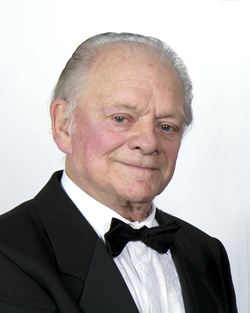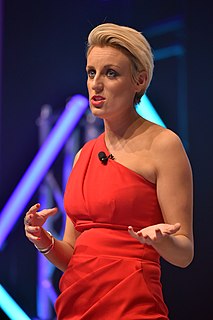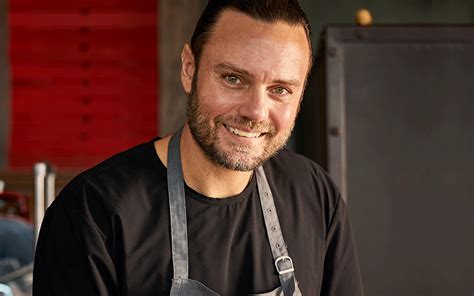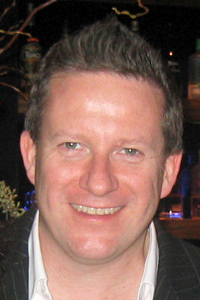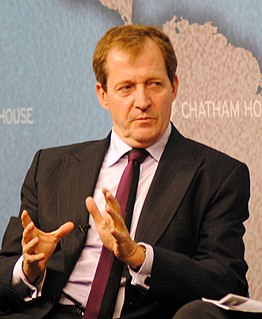A Quote by Will Oldham
If we were making a record in Kentucky, there might be some more elements that recall a time, a place, or a relationship. Recording for the BBC you enter into this strange and wonderful, but kind of sterile, place with which you have no personal history, and that's the Maida Vale Studios at BBC in London.
Related Quotes
All you do is you go back to the Maida Vale Studios at BBC in London, and it feels like you're in a spaceship. It feels like you're in 2001 or something like that. It's massive and well constructed and highly technologically advanced and occupied by these wise scientists, engineers, and producers. Listening to it, it just doesn't sound like me - that's a younger self that didn't know who he was or what he was doing. I can't identify with a nebulous cloud.
Once, BBC television had echoed BBC radio in being a haven for standard English pronunciation. Then regional accents came in: a democratic plus. Then slipshod usage came in: an egalitarian minus. By now slovenly grammar is even more rife on the BBC channels than on ITV. In this regard a decline can be clearly charted... If the BBC, once the guardian of the English language, has now become its most implacable enemy, let us at least be grateful when the massacre is carried out with style.
Professionally, I was at Bristol Old Vic Theatre School and did lots of things there, and then I won the BBC Carlton Hobbs Award, so I did some BBC Radio drama work, which is a lovely way to start out because you work with lots of great people, and you're working all the time, so you're learning rather than sitting around and waitressing.
In the pre-capitalist world, everyone had a place. It might not have been a very nice place, even maybe a horrible place, but at least they had some place in the spectrum of the society and they had some kind of a right to live in the place. Now that's inconsistent with capitalism, which denies the right to live. You have only the right to remain on the labour market.
I never met David Kelly, but I knew from what he told other people that this was not his view. The BBC were saying that Tony Blair was making up lies so that he could send young men and women to war, maybe to die. I think that if the BBC had done their jobs professionally, they'd have realised that you couldn't justify what they said. And nothing has emerged since to justify that report.

